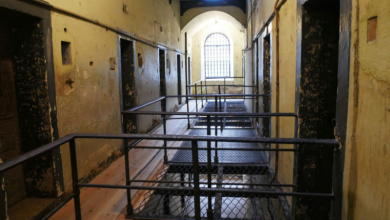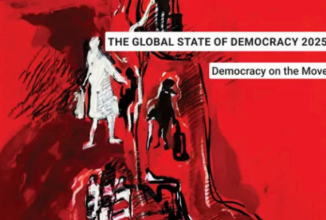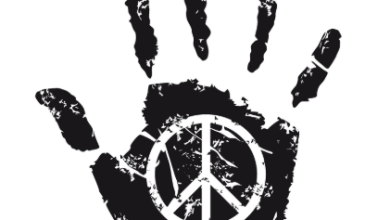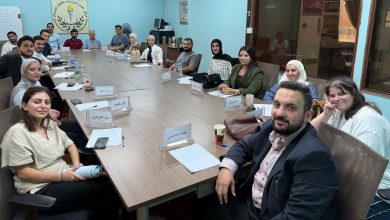
Amnesty International has strongly denounced the execution of seven young men in Saudi Arabia. This condemnation has raised suspicion regarding the kingdom’s supposed commitment to abolishing the death penalty for individuals who were juveniles at the time of offense. These executions are a clear violation of this commitment. Amnesty has urgently called for an immediate halt to the executions after an appeals court confirmed their death sentences. This decision from the court has undermined the need for Saudi authorities to uphold their promises and respect international human rights standards.
Heba Morayef, the Director of Amnesty International’s Middle East and North Africa program, has stressed the importance of the Saudi authorities taking their commitments seriously and fulfilling their obligations. The planned executions of these seven individuals, who were all children at the time of their arrest, cast doubt on the sincerity of Saudi Arabia’s efforts to limit the use of capital punishment. Moreover, this decision demonstrates a disregard for the rights of juvenile offenders.
One deeply troubling aspect of this case is the denial of legal representation to the young men throughout their pre-trial detention. This denial not only undermines the fairness of the judicial process but also violates their right to a fair trial. Amnesty International has raised serious concerns about the fairness of their trials. They citedevidence of torture-tainted confessions and the absence of legal representation, which further compounds the injustice of the young juveniles’ sentences.
The appeals court, in a series of decisions made between March 2022 and March 2023, upheld the death sentences of these young men. Six of them were sentenced on terrorism-related charges, while the seventh was convicted of armed robbery and murder. Amnesty International has stressed that these trials were marred by unfairness, including coerced confessions extracted through torture. The organization has repeatedly emphasized that such practices are violations of international law and human rights standards, particularly when applied to juvenile offenders.
Saudi Arabia’s frequent use of the death penalty has long been a subject of global concern. This year alone, the kingdom has executed 54 individuals for a wide range of crimes, including murder, drug smuggling, and terrorism-related offenses. Despite introducing the Juvenile Law in 2018, which aimed to set a maximum prison sentence of 10 years for individuals under the age of 18 convicted of certain crimes, the impending executions of these young men contradict the implementation of this law. Instead, this contradiction further proves Saudi Arabia’s failure to fully adhere to international legal norms and its persistent reliance on capital punishment.
Amnesty tried to urge Macron to address Saudi human rights concerns
Amnesty International has called upon French President Emmanuel Macron to address this pressing issue during his meetings with Saudi Crown Prince Mohammed bin Salman, who was on a visit to France. Human rights activists have urged Macron to prioritize the promotion and protection of human rights in his discussions and to strongly advocate for sparing the lives of these seven young men facing execution. Agnes Callamard, Amnesty International’s Secretary General and the former leader of the UN investigation into the killing of journalist Jamal Khashoggi, has criticized Macron for his willingness to engage with the Saudi prince, given concerns about human rights violations.
Urgent action needed to protect juvenile rights in Saudi Arabia
The plight of these seven young men highlights the ongoing challenges faced in Saudi Arabia regarding human rights, particularly in relation to the treatment of juvenile offenders. It serves as a stark reminder of the urgent need for sustained international pressure to ensure the protection of individuals’ rights, especially those who were minors at the time of their alleged crimes. Addressing this issue requires a collective effort to prevent the irreversible consequences of capital punishment and to hold governments accountable for their commitments to upholding fundamental human rights principles.
ACHRS stance :
ACHRS firmly condemns the death penalty as a violation of the basic human right to life and as a cruel and inhumane punishment. The center is a staunch advocate for universal abolition and opposes the death penalty in any and all cases regardless of the nature of the crime or character of the perpetrator.





